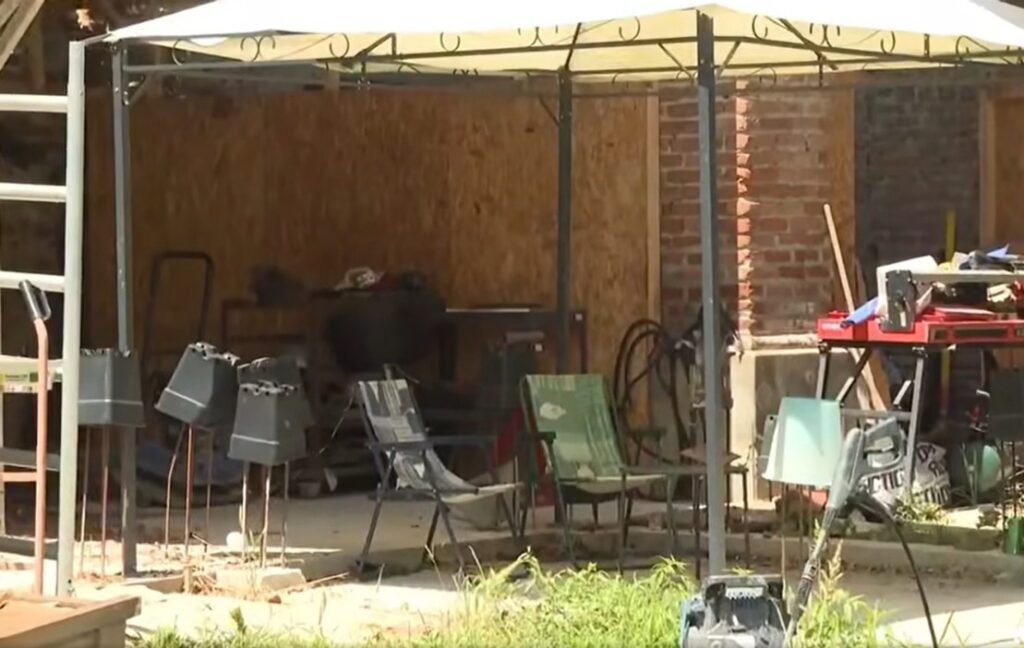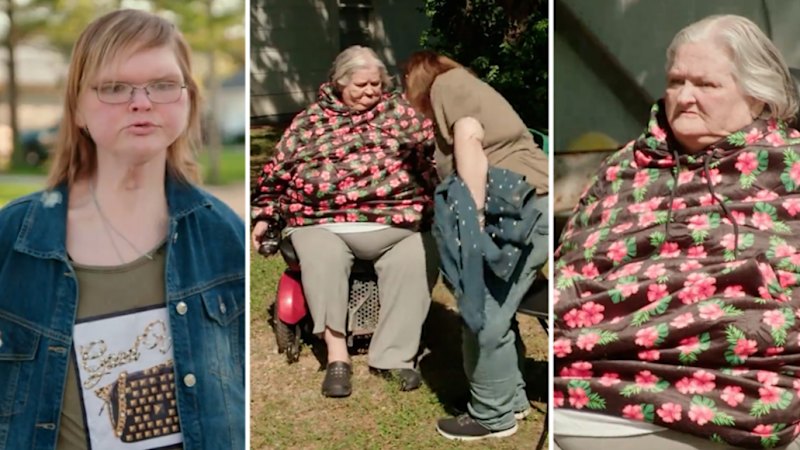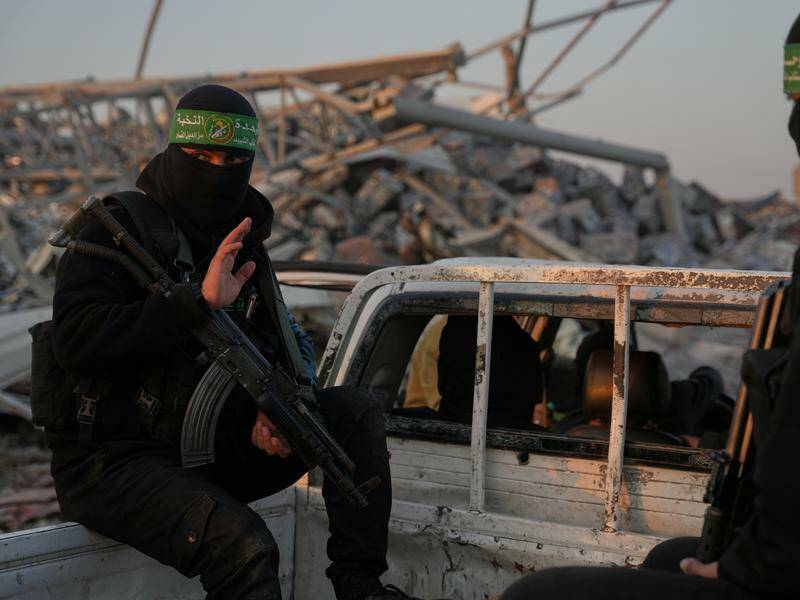
The father of two young children, discovered living in isolation in the woods of northern Italy and unable to speak, has defended his decision to raise them in a self-made “bunker.” The children, a brother and sister aged nine and six, were found by police in a shocking state—wearing nappies and communicating only through a primitive language.
The discovery was made in Lauriano, a town in northern Italy, where local authorities were stunned to find the children living in such conditions. The family had been residing in a farmhouse that the father, a 54-year-old sculptor, claimed to have transformed into a self-sufficient stronghold to protect his family.
Isolation and the “Bunker” Lifestyle
Local media reports have labeled the children as “ghost children” due to their lack of registration with health or educational services. The father, alongside his 38-year-old wife, both Dutch nationals, insisted that they provided everything necessary for their children. He told the Corriere Torino newspaper, “My wife and I provide them with everything they need. They have lots of toys, each their own laptop, lots of musical instruments, and their own ski equipment. They go pony riding at the stables and spend a lot of time outdoors in restaurants and museums.”
Despite these claims, the children were found to be unable to read or write, raising questions about the father’s assertion that he was homeschooling them. The father reportedly cited fears of infections, such as COVID-19, as a motivation for their isolated lifestyle.
A Shocking Discovery
The family came to the attention of authorities when police arrived at their hillside farm to evacuate them due to a flooding alert. The scene they found was distressing: broken and abandoned furniture, derelict trampolines, and rubbish strewn across the garden.
The Turin Juvenile Court quickly intervened, ordering the immediate removal of the children from their parents. In its ruling, the court stated,
“There are facts that suggest that the minors are deprived of adequate assistance from their parents or relatives who are required to provide it.”
The children have since been placed in state care while arrangements are made for foster care.
Community and Legal Reactions
The case has sparked significant concern and discussion within the local community. Mayor Mara Baccolla described the situation as “a very delicate matter,” expressing hope that the children can now find a balance and access a life “worthy of the name.” She also noted that she had met the father once, describing him as “very reserved” and unable to speak Italian.
Meanwhile, residents of the nearby town have expressed their shock at the children’s existence, noting that while it was known the farmhouse had changed owners, no one had visited the property during that time. It remains unclear whether the parents will face further legal action.
Broader Implications and Historical Parallels
This case is reminiscent of other disturbing instances where children have been found living in isolation under extreme conditions. In a similar case in Spain, a German couple was arrested after police discovered three boys living in a so-called “house of horrors” since the start of the COVID-19 pandemic. The children, aged eight and ten, were found in dire conditions, wearing multiple face masks and sleeping in caged beds.
Such cases highlight the complex issues surrounding child welfare, parental rights, and the responsibilities of communities and authorities to ensure the safety and well-being of children. Experts suggest that these situations often stem from a combination of fear, mental health issues, and a desire to protect children from perceived external threats.
As the Italian authorities continue to investigate, the focus remains on providing a stable and nurturing environment for the children. The case serves as a stark reminder of the need for vigilance and support systems to prevent such situations from occurring.
For now, the children are in the care of the state, with plans underway to find them a foster home where they can begin to integrate into society and receive the education and care they have been denied.






